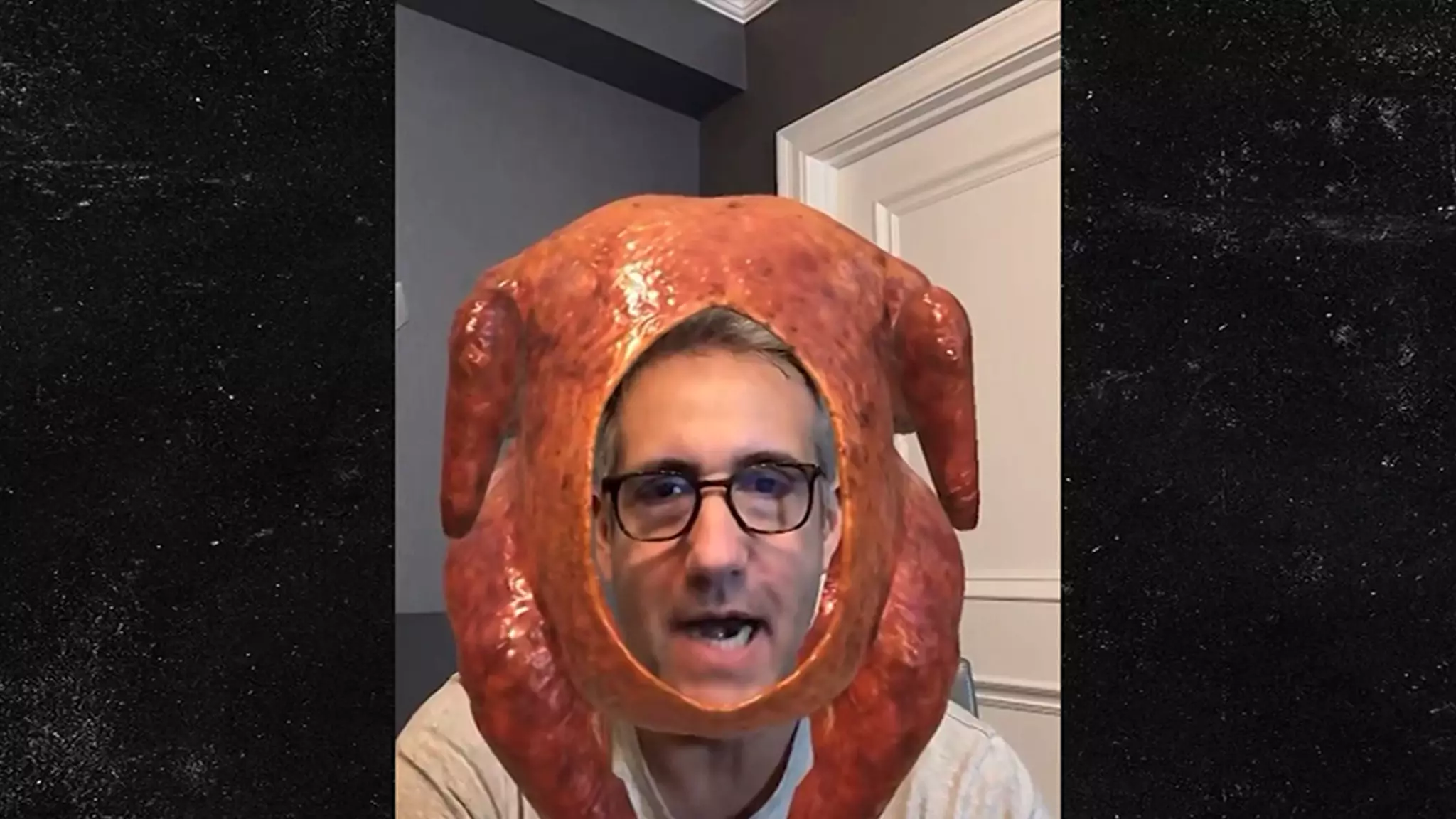Michael Cohen, the former personal lawyer to Donald Trump, finds himself navigating a challenging landscape of public perception and online trolling. His recent defiance against critics urging him to leave the country reflects a man caught between his past as a political fixer and his present persona as a social media figure. Cohen’s initial remarks back in September about potentially leaving the United States if Trump secured another presidential term were laced with humor, yet they have since morphed into fodder for online haters. This complexity illustrates Cohen’s duality: while he tries to maintain a comedic front, the seriousness of his past actions complicates his attempts to engage meaningfully with an audience that often prefers mockery over sincerity.
Context of a Troubled Reputation
Cohen’s plummet from White House confidant to pariah is a narrative riddled with irony. After serving two years in prison for various financial crimes—including campaign finance violations and fraud—a dark shadow hangs over his intentions and credibility. Such a history frames every quip and sarcastic comment he makes, leaving him vulnerable to jabs from online trolls. His claim that he was joking about obtaining a foreign passport with a new identity is burdened by the reality of his past decisions. While humor can serve as a coping mechanism, it also risks making him a target for ridicule. Cohen’s defensive stance, declaring he has no plans to leave, reveals an inner conflict between wanting to detach from negativity and recognizing the profound impact of his previous actions.
In a recent incident, Cohen was subjected to an online prank that involved using animated effects to mock his persona, transforming him into a comedic turkey. This episode perfectly encapsulates the dynamics of digital trolling. While Cohen attempts to assert control and clarify his position regarding his future in America, he simultaneously fuels the cycle of trolling by expressing annoyance and frustration. It’s a dance of power where the boundaries between entertainer and target blur. The fact that users drain their wallets to make a statement at Cohen’s expense reveals the commodification of social interaction—an unsettling trend where dignity can be sacrificed on the altar of social media engagement.
One of the more ironic elements of this entire episode lies in the financial aspect. Cohen’s public persona, which many may perceive as tarnished, has become a source of entertainment and, in some cases, profit. This highlights a curious outcome of fame—where even controversy can be monetized. As trolls generate content that targets him, there’s a possibility that Cohen benefits economically from the attention, creating a paradox where disdain and ridicule directly contribute to his financial gain. Yet, this raises questions about the sustainability of such a career path, particularly for someone with a troubled history who is desperately trying to reclaim a narrative that is fast slipping away.
Cohen’s journey teaches a valuable lesson about the messy intersections of fame, humor, and personal accountability. As he grapples with the consequences of his past—both in judicial terms and public perception—his interactions and confrontations with online detractors continue to evolve. The struggle between his need for self-preservation and his desire for social acceptance frames his path forward. Whether Cohen will be able to redefine himself in a way that transcends the trolling culture remains to be seen, but it is evident that he is driven by a complex mix of humor, defiance, and a longing for reconciliation with his own legacy.

